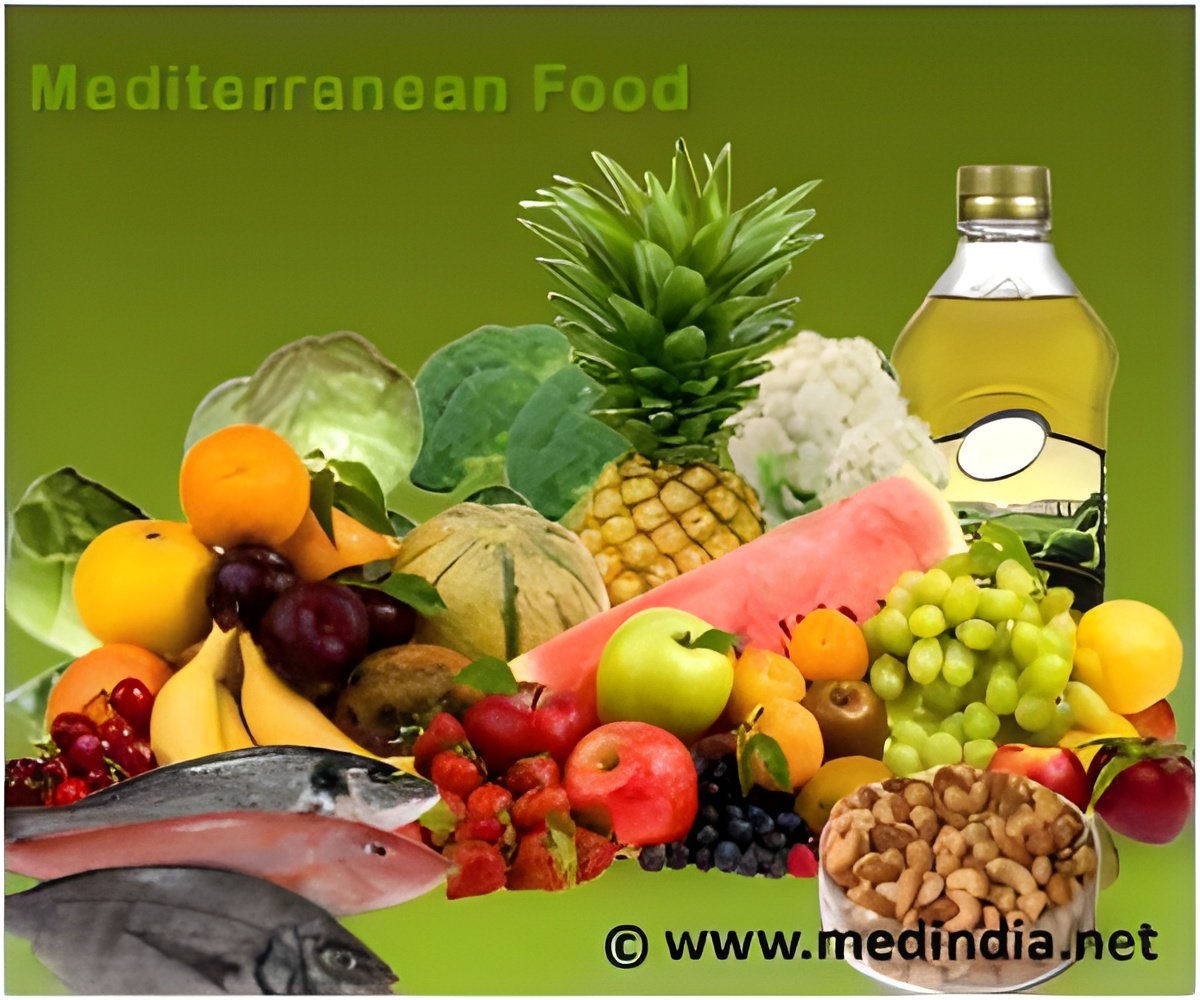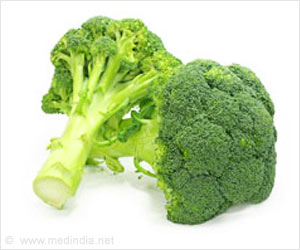Dealing with specific food allergies and vegetarian meals is not an issue for restaurants to handle as the Mediterranean diet comes to the rescue.

Once again, the much-touted Mediterranean diet -- low in meat and high in fish, vegetables, herbs and healthy fats like olive oil -- has come to the rescue.
A recent gathering in the southern city of Montpellier of 58 chefs from 10 Mediterranean countries -- the sort of Michelin-starred elite who scrutinize every dish that leaves their kitchens -- confirmed the trend.
"It's more and more frequent. For every table of five or six people, there is inevitably one who has allergies," said Laurent Pourcel, who runs the one-star Jardin des Sens in Montpellier with his brother Jacques.
Most called the Mediterranean diet "a good ally" in concocting menus to accommodate gluten-free, sugar-free, lactose-intolerant, meatless or other restricted diets.
"There is less milk and butter, fewer potatoes, and you use more olive oil, fish and vegetables," said Hermance Joplet who runs Le Castellaras, newly awarded a Michelin star, with her husband Quentin in Fayence near the southern resort of Cannes.
Advertisement
Ducasse led the trend when he boldly dropped meat at his renowned two-Michelin-starred Plaza Athenee on Paris' exclusive Avenue Montaigne, just up from Dior, Prada, Saint Laurent and other luxury shops.
Advertisement
As for a hallowed basic in French cooking, the butter, cream and egg-packed sauces, chefs said they now alter them on demand -- something that, in the past, might have been dismissed as catering to fickle, indulgent or foreign clients.
Likewise, most chefs today keep a supply of gluten-free ingredients, notably frozen bread dough ready to pop into the oven at a moment's notice.
"For Saint Valentine's Day, one client never imagined we could offer a gluten-free menu," said Joplet who served up a nutty risotto of locally grown spelt with sautéed baby vegetables.
Vegetarians, too, are no longer shunned. At the Pourcel brothers restaurant, dishes like "new asparagus in a cream sauce of morel mushrooms and crumbled egg yolks" sit on the main entry list as proudly as the classic meat and fish dishes.
The hardest problem is diners who are lactose intolerant, said Fabien Lefebvre of the Octopus restaurant, in the southern city of Beziers that was recently awarded a Michelin star.
Olive oil can replace butter, he said, but "the other solution is to cook without fat," as in his steamed sea bass with seaweed.
"You can prepare a three-star meal if you've got advance notice. But at the last minute, it's difficult," said Huysentruyt, who was a TV celebrity chef in Belgium and has written best-selling cookbooks.
One headache for the chefs, however, is a new European Union rule concerning potential "allergens".
The measure, which took effect in December 2014, requires professionals in the food business to notify clients of any presence of the 14 most common allergic foods, including peanuts, gluten, soy beans, mollusks, walnuts, almonds, eggs and milk.
"The idea is to make people happy. The client just asks for one thing, that we don't betray them," said Marc de Passorio of another Michelin one star restaurant, L'Esprit de la Violette in the southern city of Aix-en-Provence.
Source-AFP















